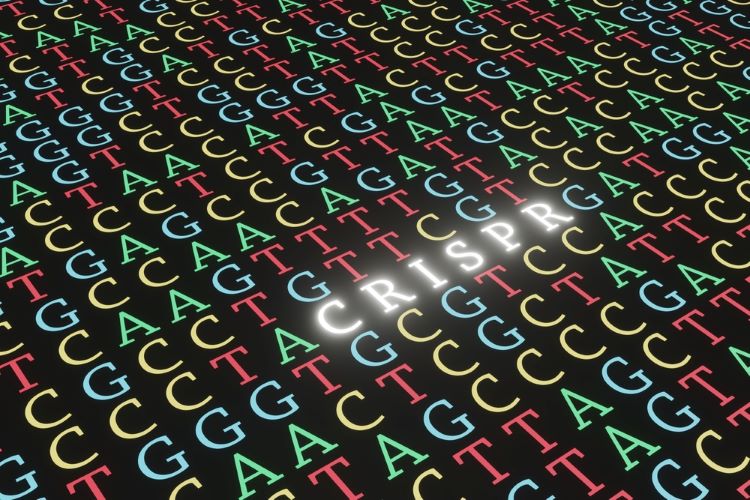CRISPR technologies fuelling haematological innovations
Posted: 12 April 2024 | Catherine Eckford (European Pharmaceutical Review) | No comments yet
Greater use of CRISPR-based therapies in clinical trials is expected to drive further advancements in precision medicine, GlobalData states.


There has been a “notable” rise in licensing agreements for innovator drugs incorporating clustered regularly interspaced short palindromic repeats (CRISPR)-based technology for gene therapies over the past five years, according to data and analytics firm GlobalData.
These agreements have amassed a total deal value of $21 billion. Of note, between 2020 to 2022, there was a “remarkable surge” in deal worth. For agreements relating to or involving treatments for haematological disorders, the total deal value reached $1.8 billion, the research found.
For instance, the approval of Casgevy in the US in December 2023 signified a breakthrough in gene therapy. Vertex Pharmaceuticals’ treatment was subsequently the first CRISPR/Cas9 gene-edited therapy to be granted a marketing authorisation by the European Commission (EC) in February 2024.
“Innovator drugs harnessing CRISPR technologies saw 182 percent growth in total licensing agreement deal value from $5.6 billion in 2020 to $15.8 billion in 2022. Among the top three therapy areas, oncology represented over half of the total deal value with $11.9 billion, followed by immunology with $6.7 billion, and central nervous system with $2.2 billion,” Ophelia Chan, Business Fundamentals Analyst at GlobalData explained.
Advancing CRISPR-based gene therapies
GlobalData highlighted that the largest CRISPR-based deal of 2023 was Eli Lily’s subsidiary, Prevail Therapeutics gaining rights to Scribe Therapeutics’s CRISPR X-Editing (XE) technologies. In a deal potentially worth over $1.57 billion, the agreement seeks to advance in vivo therapies for targets that cause serious neurological and neuromuscular diseases.
The increasing presence of CRISPR-based therapies in clinical trials is anticipated to fuel further advancements in precision medicine”
“CRISPR technology is transforming targeted gene therapies for diverse unmet diseases by precisely targeting diverse genomic sites, promising tailored treatments and improved patient outcomes. The increasing presence of CRISPR-based therapies in clinical trials is anticipated to fuel further advancements in precision medicine,” Chan stated.
In other recent gene therapy news, last month the US Food and Drug Administration (FDA) authorised Lenmeldy ™ (atidarsagene autotemcel) for children with early-onset metachromatic leukodystrophy (MLD).
Related topics
Anti-Cancer Therapeutics, Big Pharma, Biopharmaceuticals, business news, Clinical Development, Clinical Trials, Data Analysis, Drug Development, Drug Markets, Drug Safety, Gene therapy, Industry Insight, Research & Development (R&D), Technology, Therapeutics









